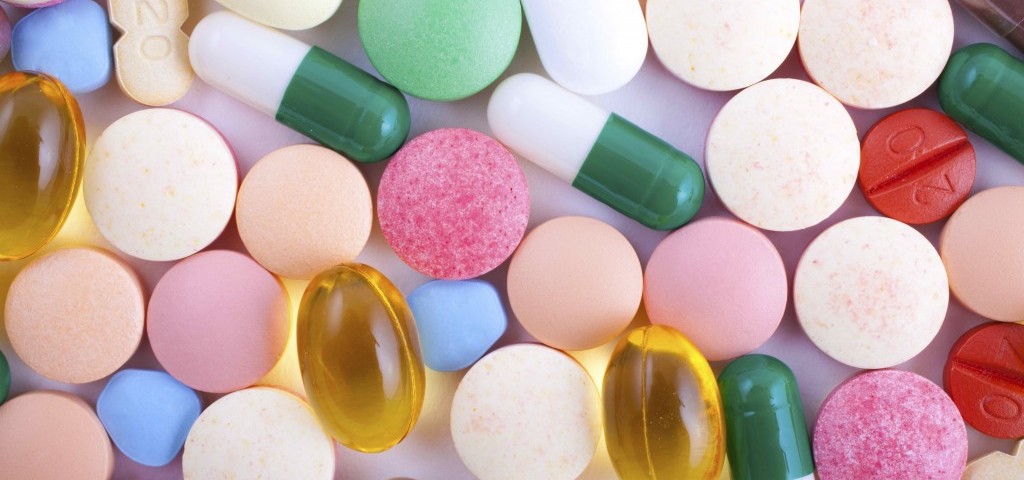A new Johns Hopkins Bloomberg School of Public Health systematic review indicates that generic forms of a biologic drug for the treatment of rheumatoid arthritis and other autoimmune diseases seem to be as effective and safe as their brand-name equivalents.
The study “Bioequivalence of Biosimilar Tumor Necrosis Factor-α Inhibitors Compared With Their Reference Biologics: A Systematic Review” was recently published in the Annals of Medicine.
Biologics, or medical products made by or derived from a living organism, represent the fastest growing pharmaceutical sector. By 2017, sales for these products are expected to make up approximately 20 percent of the total pharmaceutical market. With many top-selling biologics facing patent expiration, the introduction of noninnovator products promises significant savings for health care systems.
“Biologics are the wave of the future. That’s where more and more of the pharmaceutical market is going in the years ahead,” study leader Dr. G. Caleb Alexander, MD, an associate professor in the Department of Epidemiology at the Bloomberg School and co-director of the Johns Hopkins Center for Drug Safety and Effectiveness, said in a news release.
The pharmacologic activity of biologics depends on the manufacturing process, where small alterations can change the structure of the resulting protein. Due to the large, complex structures of biologics and the variability inherent in the manufacturing process, it is unmanageable to produce an exact copy, or “generic” version, of a biologic.
Instead, the term biosimilar is commonly used to refer to noninnovator biologics. Biologic drugs are complicated to manufacture and companies have argued that generic forms — while they would be cheaper for consumers and the healthcare system — cannot be considered interchangeable with established drugs that have been on the market for years.
“The billion-dollar question has been whether these ‘generic biologics’ are the same as the brand-name versions,” Alexander said. “The same debate occurred with the advent of less complicated generic drugs and now it’s being hashed out all over again with much more at stake — more room for error and more potential for cost savings to the health system. But based on the available evidence, we conclude that the products we studied appear comparable, and they will definitely be cheaper.”
Researchers conducted a systematic review of the available studies comparing the original and biosimilar forms of a treatment for rheumatoid arthritis, inflammatory bowel disease, and psoriasis, known as tumor necrosis factor-alpha (TNF-α) inhibitor, which blocks the cytokine TNF- and reduces chronic inflammation.
Of 19 eligible studies, eight were Phase 1 randomized trials, five were Phase 3 randomized trials, and six were observational studies. Seven Phase 1 trials involved healthy volunteers; Phase 3 trials involved patients with rheumatoid arthritis; and observational studies involved those with rheumatoid arthritis or inflammatory bowel disease. The data from these studies suggests that biosimilar drugs have very similar safety and effectiveness as their branded counterparts.
“Our study should reassure clinicians and patients and, importantly, the folks who pay the bills — insurance companies and government programs like Medicare — that biosimilar TNF-α inhibitors appear comparable to their branded counterparts based on the evidence we have thus far,” Alexander said. “Hopefully this will encourage the brisk adoption of these products. There is no question that greater competition in this market will benefit patients, prescribers and society in the long run.”
Many new cancer drugs are also biologics, as is insulin. Although this study only focused on TNF-α inhibitors, Alexander noted that the team’s findings provide a rigorous and important first look at a question that has been on the minds of many who worry about the future of a generic-type market for biologic drugs.
According to Alexander, more systematic reviews are necessary to determine if other biosimilar products, such as biosimilar insulins, are equivalent to their branded counterparts.


